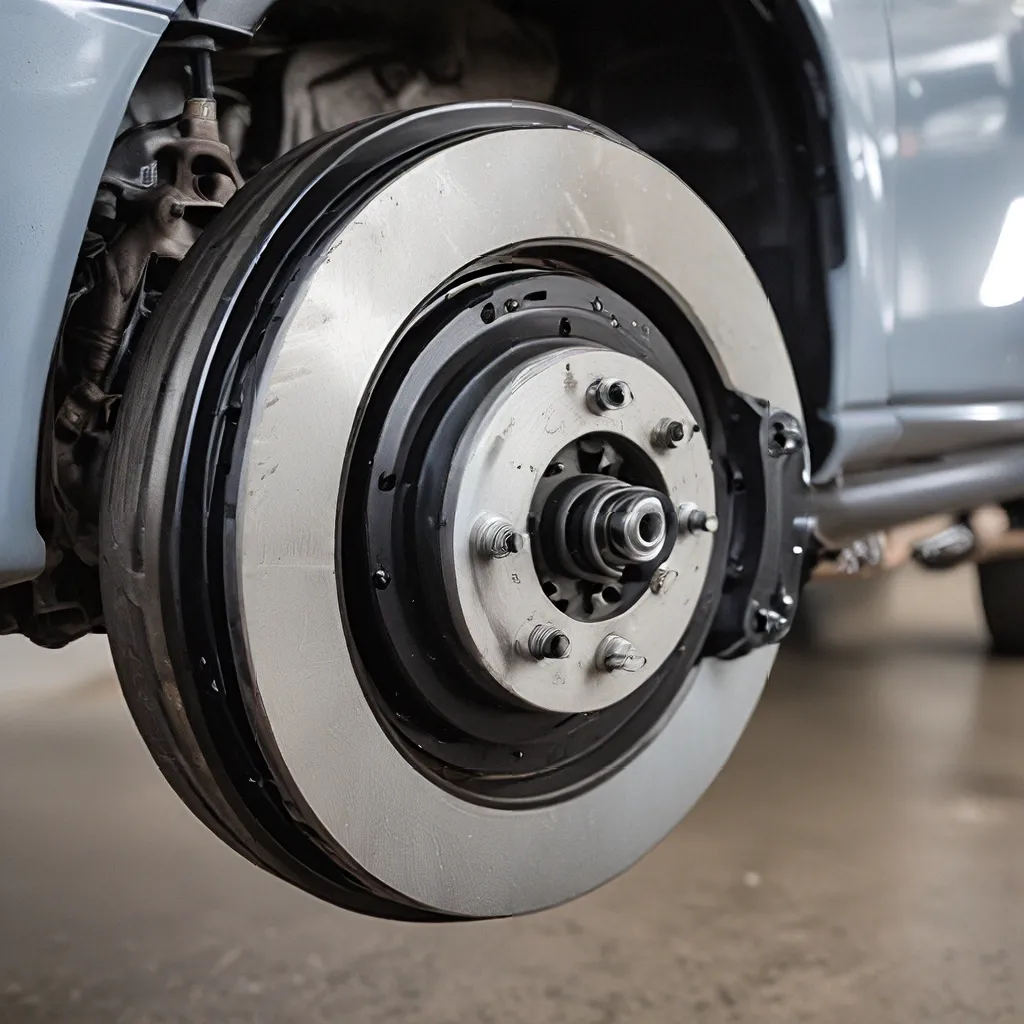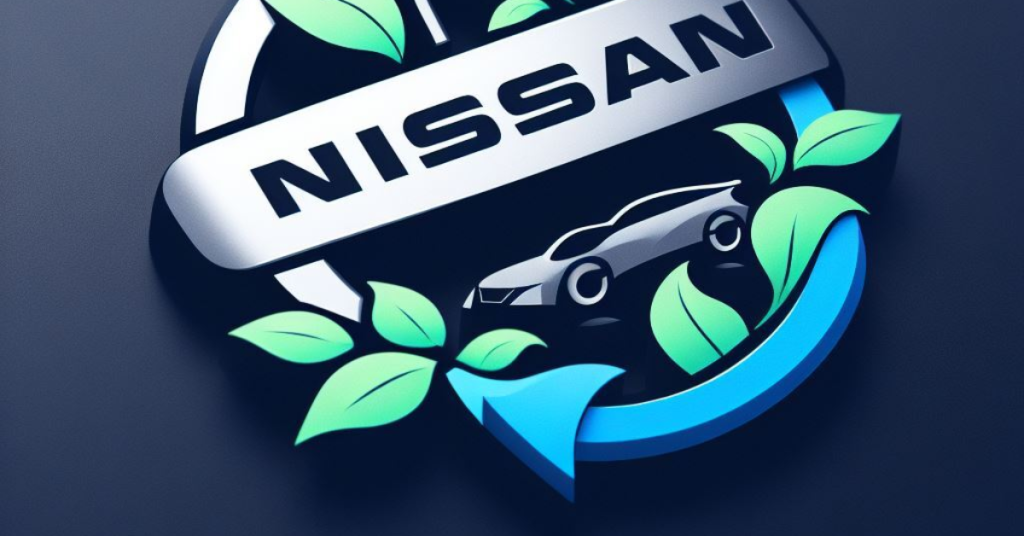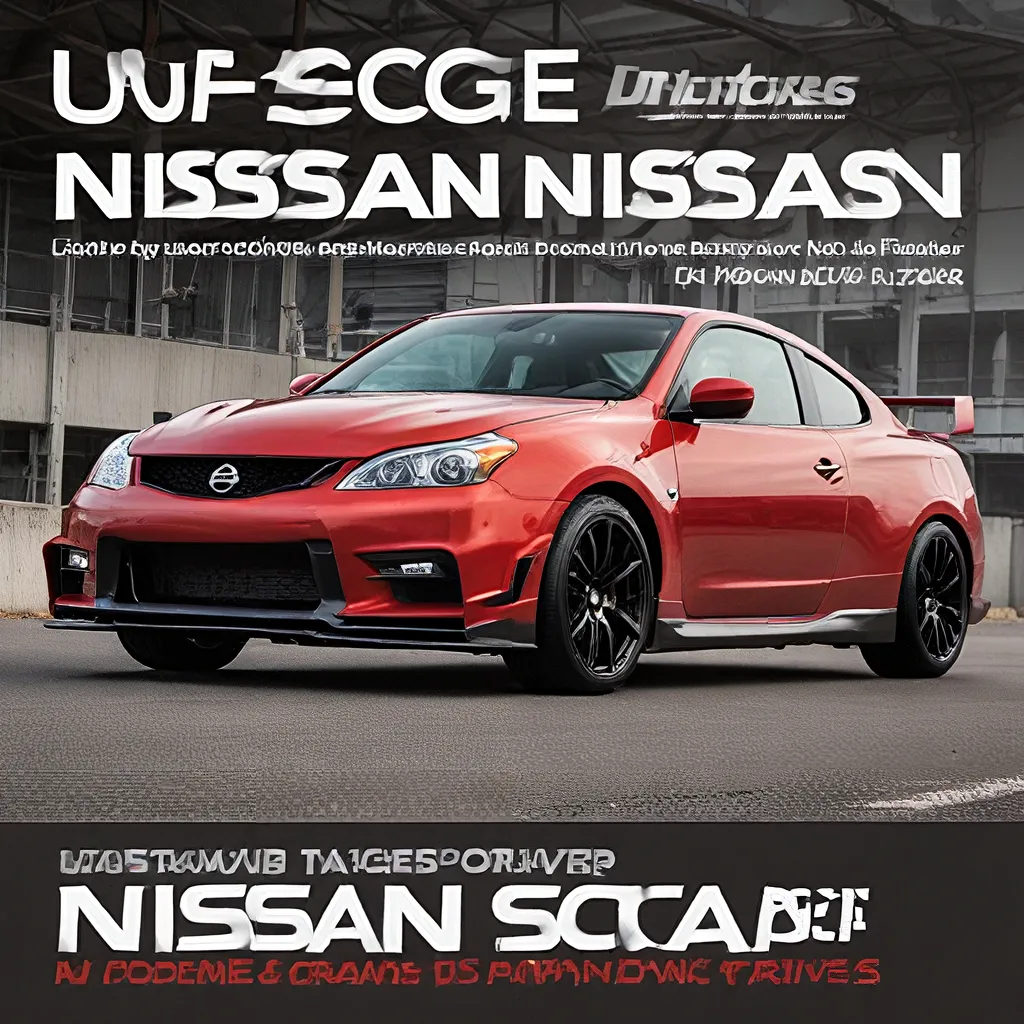
As a proud Nissan owner, I’ll let you in on a little secret – your car’s brakes are the unsung heroes of the road. Sure, the engine and transmission get all the glory, but without properly functioning brakes, you might as well be driving a go-kart. That’s why mastering the art of brake maintenance is so crucial, especially for us Nissan enthusiasts.
The Importance of Brake Maintenance
I know what you’re thinking – “Brakes? Maintenance? Ugh, that sounds like a hassle.” But hear me out. Neglecting your Nissan’s brakes is like ignoring a leaky faucet – it may not seem like a big deal at first, but before you know it, you’re dealing with a full-blown disaster.
Imagine this: you’re cruising down the highway, jamming out to your favorite tunes, when suddenly, you need to hit the brakes. But instead of the smooth, confident response you’re used to, the pedal goes straight to the floor, and your heart starts racing faster than your engine. Yep, that’s the nightmare scenario we’re trying to avoid here.
Regular brake maintenance is the key to keeping your Nissan’s stopping power in tip-top shape. From checking the brake pads and rotors to flushing the fluid and adjusting the parking brake, there’s a whole lot more to it than you might think. But don’t worry, I’m here to walk you through the process, step-by-step.
Diagnosing Brake Issues
The first step in reviving your Nissan’s brakes is to identify any potential problems. And trust me, your car will let you know when something’s not right. Listen up for these telltale signs:
Spongy or Soft Brake Pedal: If your brake pedal feels like it’s sinking to the floor, or it takes more effort than usual to stop, that’s a clear sign that something’s amiss. It could be a leak in the brake lines, an issue with the master cylinder, or even air in the system.
Grinding or Squeaking Noises: Hearing a high-pitched squeal or a gritty grinding sound when you apply the brakes? That’s your brake pads letting you know they’re worn out and need to be replaced. Ignore it at your own peril.
Pulling to One Side: If your Nissan starts veering to the left or right when you hit the brakes, that could be a sign of uneven brake pad wear, a seized caliper, or even misaligned wheels.
Burning Smell: Uh-oh, someone’s been riding those brakes a little too hard. A burning smell usually means the pads or rotors are overheating, which can lead to some serious damage if left unchecked.
Now, I know what you’re thinking – “But I just had my brakes serviced, how could this be happening?” Well, my friend, the truth is, brake maintenance isn’t a one-and-done kind of deal. It’s an ongoing process, and the better you stay on top of it, the better your Nissan’s brakes will perform.
Brake Pad and Rotor Replacement
One of the most critical aspects of brake maintenance is replacing the pads and rotors when they wear out. And trust me, you’ll know when it’s time – those squealing noises and spongy pedals are your car’s way of begging you for some new hardware.
According to the folks over at Titantalk, the key to a successful brake pad and rotor replacement is taking your time and doing it right. That means making sure the new components are compatible with your Nissan, properly bedding them in, and double-checking everything before hitting the road.
And let me tell you, that soft brake pedal feeling is the absolute worst. It’s like your car is playing a sick joke on you, lulling you into a false sense of security before slamming on the brakes. But fear not, my fellow Nissan enthusiasts – there’s a solution. As the Titantalk forum suggests, the culprit is often air in the brake lines, so be sure to bleed the system thoroughly after any brake work.
Parking Brake Maintenance
Now, let’s talk about the unsung hero of the braking system – the parking brake. Sure, it may not get as much attention as its more glamorous counterpart, the foot brake, but it’s just as important, especially when you’re, well, parking.
The good folks over at Club Armada have some great insights on parking brake maintenance. They recommend checking the tension and adjustment regularly, as a malfunctioning parking brake can lead to some seriously unpleasant consequences, like your Nissan rolling away in the middle of the night.
And let’s not forget about the emergency brake – that’s the one you’ll be relying on if your foot brakes ever fail. Keeping it in tip-top shape is crucial, so make sure to test it out every now and then. You know, just to make sure it’s ready to save the day when you need it most.
Brake Fluid Flushing
Alright, let’s dive into the nitty-gritty of brake maintenance – the brake fluid flush. I know, I know, it sounds about as exciting as watching paint dry, but trust me, it’s a crucial step in keeping your Nissan’s brakes in tip-top shape.
You see, brake fluid is a lot like the lifeblood of your braking system. It’s responsible for transmitting the force from your foot on the pedal to the calipers that clamp down on the rotors. But over time, that fluid can get contaminated with moisture, dirt, and all sorts of other nasties, which can seriously compromise its performance.
That’s where the brake fluid flush comes in. As the folks over at TheNewX.org suggest, it’s a good idea to flush your brake fluid every 30,000 miles or so, or whenever you notice any signs of trouble, like a soft or spongy pedal.
And let me tell you, there’s nothing quite like the feeling of a freshly flushed brake system. It’s like your Nissan’s brakes have been given a new lease on life, ready to stop on a dime and keep you safe on the road.
Preventive Maintenance Checklist
Okay, let’s take a step back and look at the big picture. Maintaining your Nissan’s brakes isn’t just about reacting to problems as they arise – it’s about being proactive and keeping everything in tip-top shape from the get-go.
Here’s a quick checklist of preventive maintenance tasks to keep your brakes in peak condition:
| Task | Frequency |
|---|---|
| Inspect Brake Pads and Rotors | Every 6 months or 6,000 miles |
| Change Brake Fluid | Every 30,000 miles |
| Check Parking Brake Adjustment | Every 12 months |
| Test Emergency Brake Function | Every 12 months |
| Inspect Brake Lines and Hoses | Every 12 months |
Remember, the key is to stay on top of these maintenance tasks before any issues arise. That way, you can keep your Nissan’s brakes in peak condition and avoid those dreaded “brake emergency” situations.
Conclusion: Brakes = Peace of Mind
Well, there you have it, folks – the ultimate guide to reviving your Nissan’s brakes. From diagnosing problems to executing routine maintenance, you’re now equipped with the knowledge and tools to keep your car’s stopping power in tip-top shape.
So, the next time you’re cruising down the highway, take a moment to appreciate the unsung heroes of your Nissan – those hardworking brakes. With a little TLC and the right maintenance, you can rest assured that your car will stop on a dime, giving you the peace of mind you deserve.
And remember, if you ever have any questions or concerns about your Nissan’s brakes, don’t hesitate to reach out to the team at Nissan2022.com. We’re always here to lend a helping hand and keep you and your car safe on the road.






